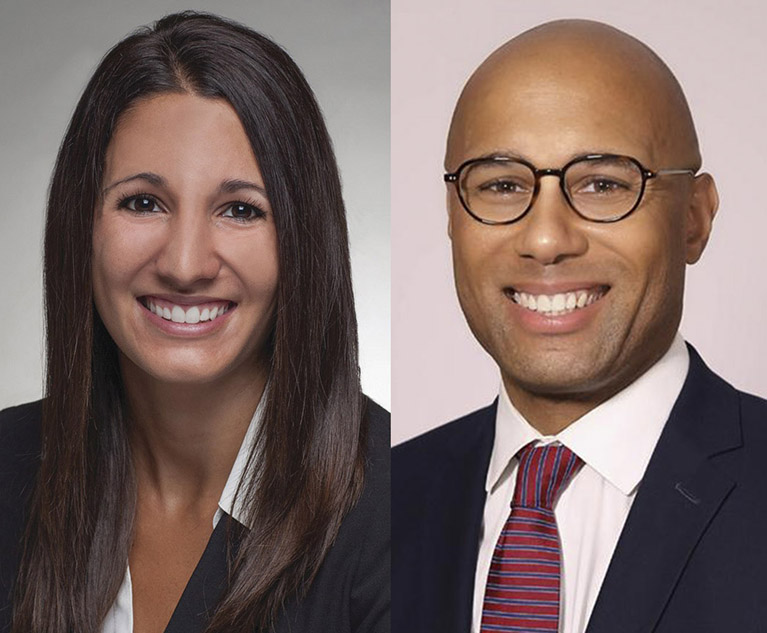In light of the recent changes to the commercial property assessed clean energy (C-PACE) guidelines for Philadelphia, it is worthwhile to review the administration of the funding paradigm as a potential tool to support commercial property owners as they navigate the requirements and standards of the city’s building energy performance program.
In 2019, Philadelphia instituted the building energy performance program to address the energy inefficiencies of buildings as a predominant contributor to the city’s carbon footprint and to work toward the ultimate goal of becoming carbon neutral by 2050. Enacted under Philadelphia City Code Section 9-3404, the building energy performance policy provides the framework for the program, which is run by the city’s Office of Sustainability. The program stems from the alarming estimation that as much as 80% of Philadelphia’s emissions come from its commercial buildings and industry. Under the program, “tune-ups” are required for covered buildings, defined as “any nonresidential building with indoor floor space of at least 50,000 square feet, including but not limited to mixed-use buildings in any mixed-use zoning classification with nonresidential use greater than 50,000 square feet; industrial and manufacturing facilities; and temporary lodgings.” Tune-ups are essentially inspections of and corrections to building systems with the aim of meeting certain efficiency standards outlined by the program. Exemptions to the tune-up requirements are available for buildings that meet certain criteria outlined by the policy. Some avenues for exemption include receiving an ENERGY STAR Score of 75 or greater within the prior year, attaining certain green building certifications within the three prior years, or achieving 15% energy savings verified by the Office of Sustainability. As a result of the program, many commercial property owners in the city are now facing increasing pressure to improve the energy efficiency and water conservation systems of their buildings.


 Megan E. Moyer, left, and Fred Poindexter, right. Courtesy photos
Megan E. Moyer, left, and Fred Poindexter, right. Courtesy photos




